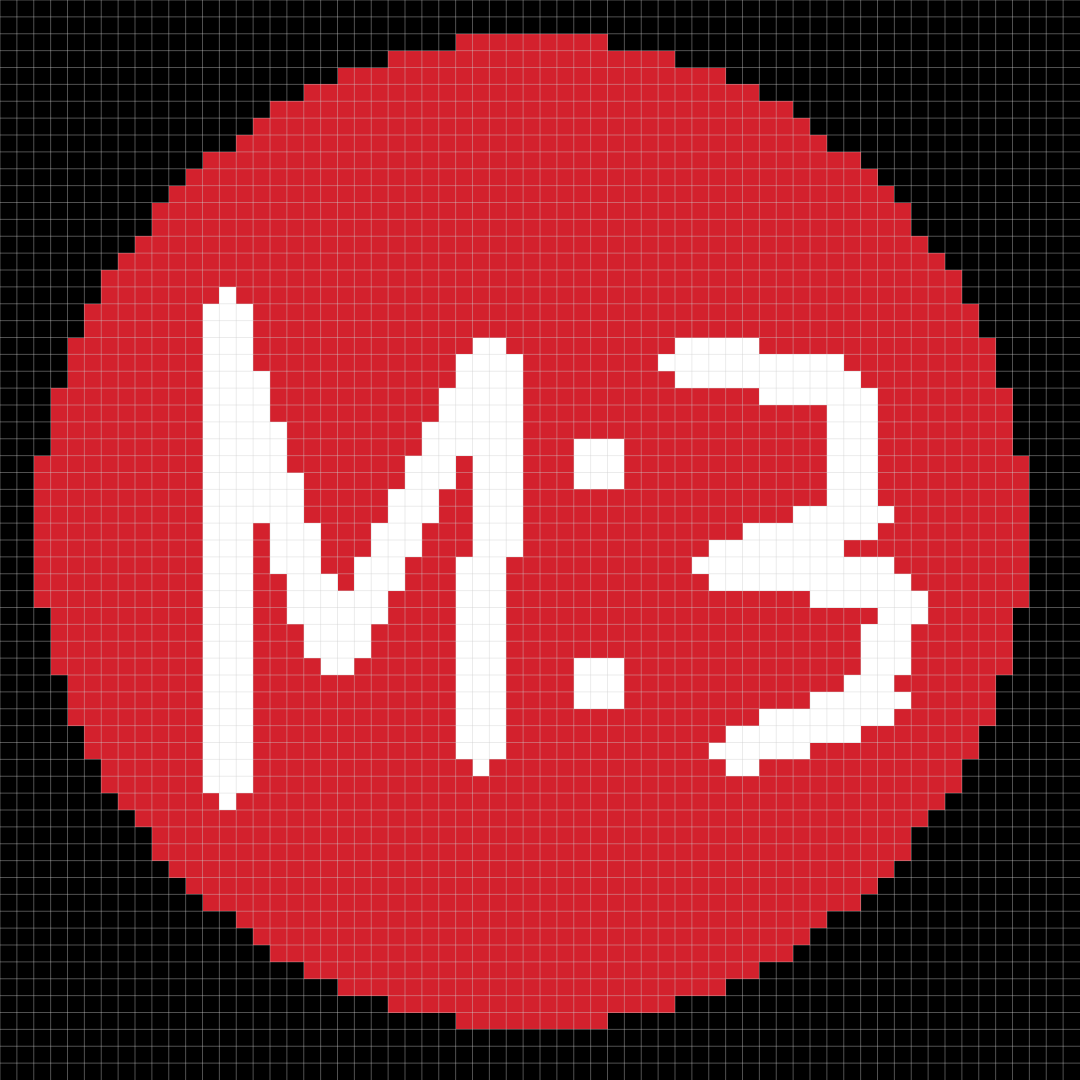I’m looking for a wiki solution (either remotely hosted or self-hosted is fine) that takes Markdown input.
Thanks.
Looks like wiki.js and BookStack both support Markdown.
Dokuwiki has a plugin that lets you use markdown instead of their proprietary markup.
+1 Dokuwiki. It is a little complicated than most to configure the first time, but once you have everything running, it will work without complaints. Also, the whole wiki is stored as plain text files, which is awesome for backups.
piling on for Dokuwiki. Have been running it personally and for an org (2 different wikis) for like 7 or 8 years. No problems, and it’s own syntax is pretty easy too. I’ve migrated a few times too and love that it’s just plain text files
I’m a big fan of Bookstack. The Docker images work great, also in Kubernetes. SSO is easy to set up as well, so if you’re using something like Authentik for SSO, you can integrate it pretty easily.
By default it uses a WSYWIG editor, but you can change the default to Markdown. Also, the ability to use the built-in draw.io diagram tool is great if you are documenting anything like code paths or network setup.
I researched using Bookstack but you can access the pictures even if you do not have an account and have the right URL, anybody can see the picture/attachment file in any browser.
Not having well-implemented access control was a big No No for us.
I love Bookstack!
The diagram tool can be used to markup anything. Besides the obvious, I’ve also put pictures as the background and then marked up those to diagram out some work I was doing around the house.
I hope the dev makes his way over here, he was very active on Reddit.
I’m currently hosting a wiki.js
you can either use markdown or a visual editorMy only gripe with wiki.js was the use of SQL for local storage. My wiki must be future proof and locking myself in an obscure SQL database was the deal breaker. I know that you can sync with a Git repo, but it felt like an overkill.
You could always just use a github repo as a wiki. It would render markdown pages in your browser, and it comes with built in version control!
You can also use Gitea/Forgejo, since it’s selfhostable and FOSS, or GitLab CE.
Not sure if it’s the kind of thing you had in mind, but I like TiddlyWiki for certain things like note-taking. (See here for saving/hosting options).
gollum is self-hosted and uses markdown by default
Obsidian is a fantastic note taking app that focuses on cross-linked notes, so is effectively a personal wiki.
It has a paid add on that lets you publish it to a website, or you can just do it yourself since the files are all Markdown.
Check out perlite.
I use Silicon Notes; While it has ‘Notes’ in the title, it’s just a very lightweight markdown based wiki
Can recommend this one: like it very much
wikijs comes to mind, it’s deploy-able with a single docker command:
docker run -d \ --name=wikijs \ --restart=unless-stopped \ --publish 8080:3000 \ --env "DB_TYPE=sqlite" \ --env "DB_FILEPATH=/wiki/db.sqlite" \ --volume wikijs:/wiki \ --volume wikijs:/wiki/data/content \ ghcr.io/requarks/wiki:2@Smash @firebreathingbunny I’m also quiet happy with wikijs, it has some nice features like git integration and oidc support that I’m using.
I also self-host WikiJS and am quite happy with it. FYI though if you’re setting it up I’d instead configure it to use Postgres as the database, as I recall reading that they’re planning on removing SQLite support at some point. Unfortunately though that does mean you lose a one-liner like this.
Okay, thanks for the heads up! I don’t actively use wikijs yet, I’ll setup a stack using postgres when I do
deleted by creator
If you use perlite you can self host a web copy. I like it much better than other wiki solutions.
Obsidian, of course.
It’s not selfhosted.
I’ll piggyback on this post in that I’m looking for a good ObsidianMD -> self-hosted wiki solution.
Check out perlite.
I personally use Grav. It’s fully markdown bases and store the content in markdown files as well, instead of a database.
The Learn2 theme is the one for a documentation-style look. Check out the official documentation for how it looks and here’s my own customized version.











